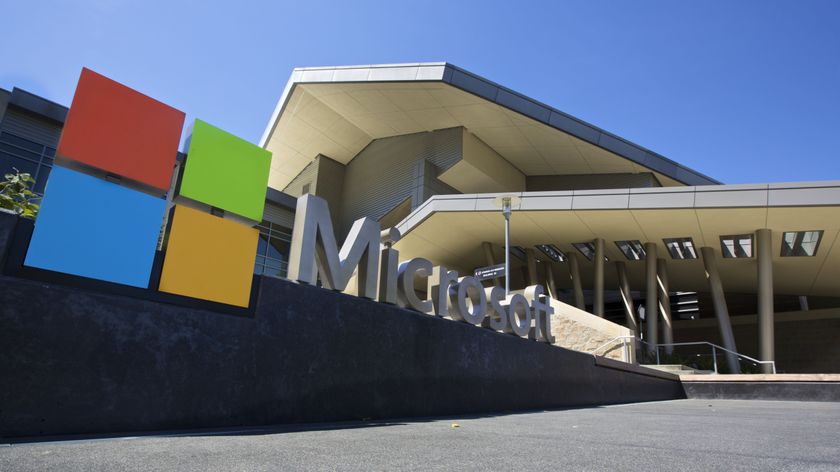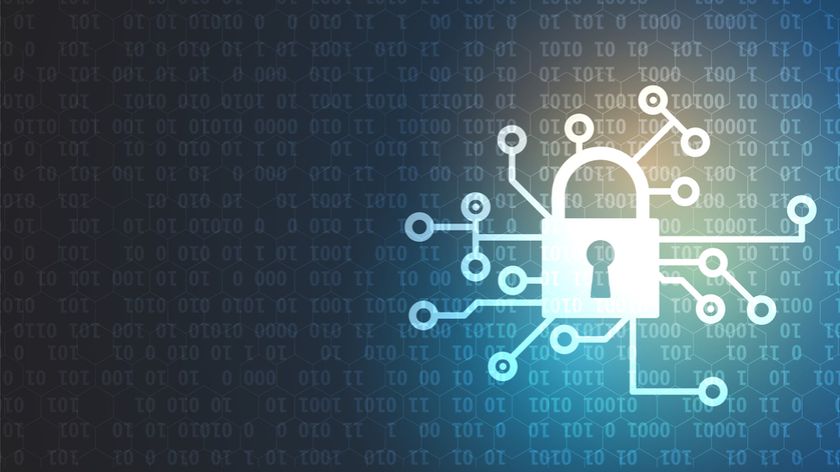Many businesses still haven't figured out secure remote working
Businesses are still risking plenty when it comes to remote working

It’s been more than two years since the pandemic forced much of the world into lockdown, with many companies thrown into a remote working environment.
But new research has shown the majority still haven’t figured out how to keep their workforce secure as they work from their kitchens, local libraries, coffee shops, and airports.
A survey of 3,000 IT staff and other employees conducted by TechRadar Pro, in partnership with Perimeter 81, shows that more than three-quarters of businesses have at lease some remote employees.
Their responses to questions around intended spending for 2022-23, however, revealed that many still do not have the necessary protections in place; 10% will look to implement some form of access management, while 9% will prioritise VPN and zero-trust solutions, respectively.
Further, just half (50%) of firms have a cloud-based cybersecurity solution in place, with an additional 15% saying they are currently exploring their options.
VPNs and firewalls reign supreme
Ever since the pandemic, the number of cyber-incidents, data breaches, business email compromise attacks, and ransomware attacks has spiked, bringing with them billions of dollars in damages.
Cybersecurity researchers argue that many employees who were forced into a remote working environment weren’t prepared, and ended up compromising their corporate networks with malware-laden home devices running no antivirus solutions, password sharing, and falling victim to phishing and other social engineering attacks.
Are you a pro? Subscribe to our newsletter
Sign up to the TechRadar Pro newsletter to get all the top news, opinion, features and guidance your business needs to succeed!
However, now more than two years since the transition, it should be expected that businesses hold up their end of the bargain too, putting in place the necessary services to protect against threats.
The data shows that companies are performing strongly when it comes to a web security (more than two-thirds have either web or malware filtering solutions set up). Cybersecurity solutions like VPNs and firewalls have also seen relatively high levels of adoption.
But the survey data also serves to highlight the number of businesses that remain at risk, when the inevitable occurs.
- These are the best identity management software around
Sead is a seasoned freelance journalist based in Sarajevo, Bosnia and Herzegovina. He writes about IT (cloud, IoT, 5G, VPN) and cybersecurity (ransomware, data breaches, laws and regulations). In his career, spanning more than a decade, he’s written for numerous media outlets, including Al Jazeera Balkans. He’s also held several modules on content writing for Represent Communications.












